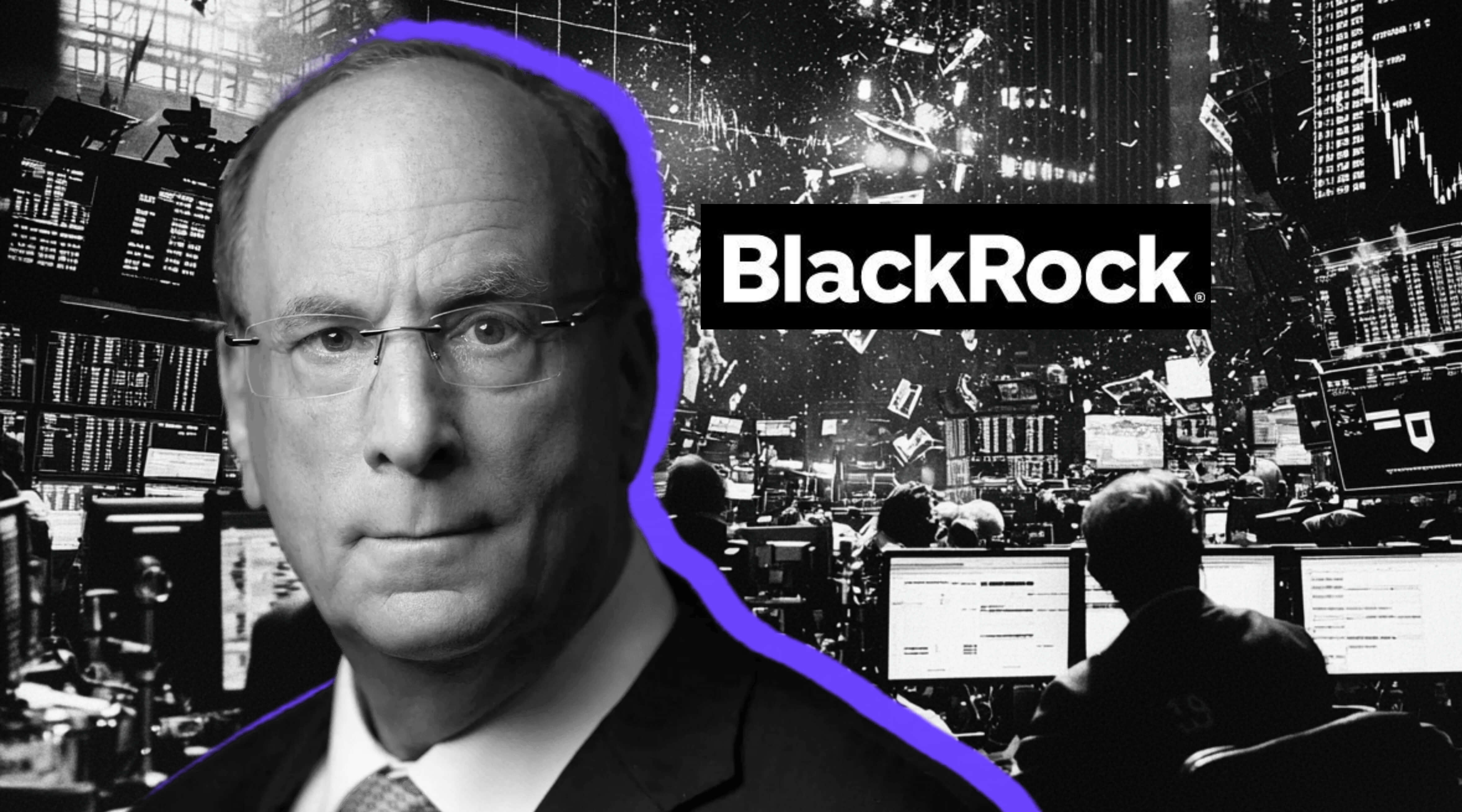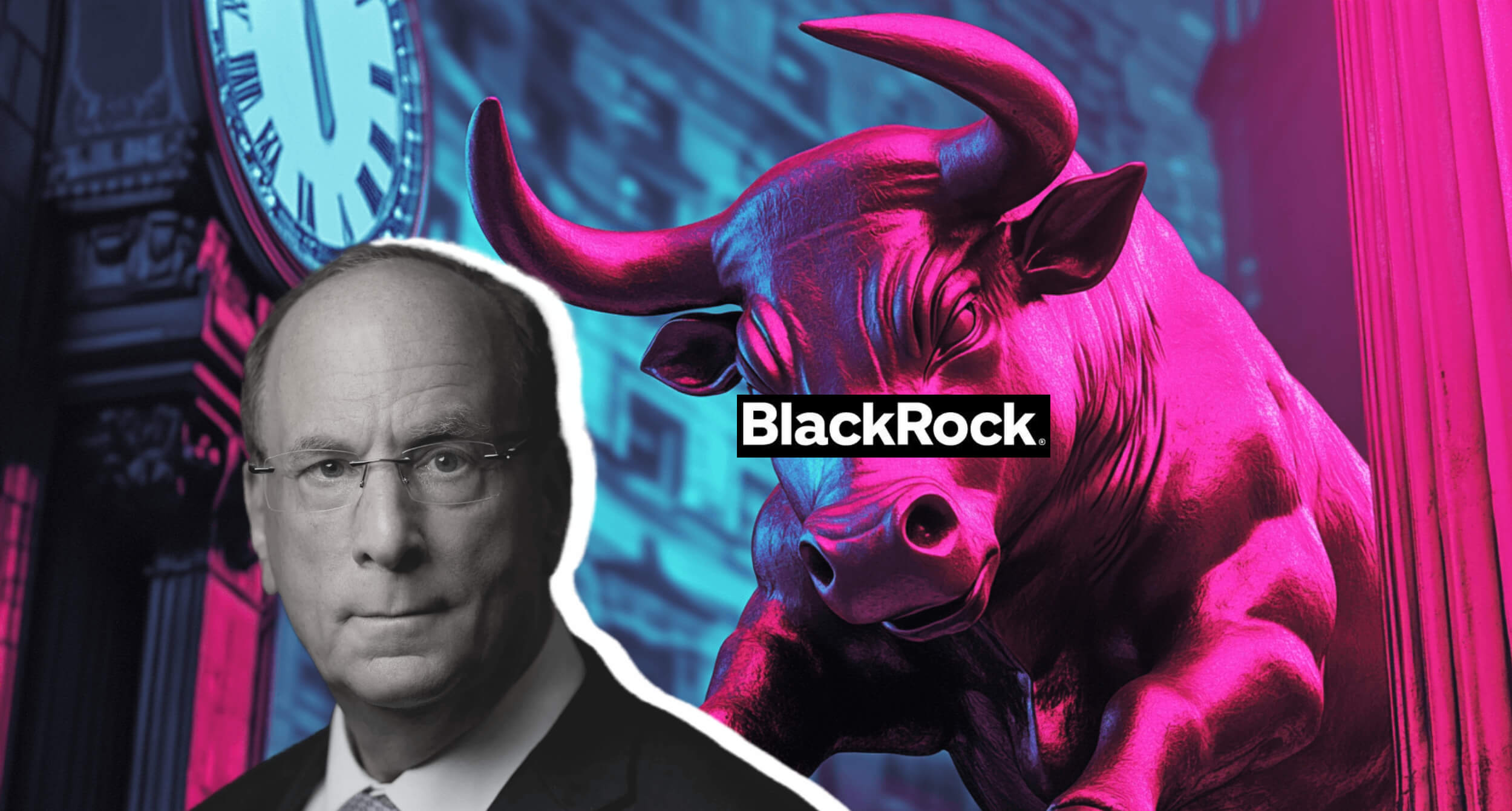
BlackRock (NYSE:BLK) Stock: Growth at a Crossroads – Can BLK Sustain Its Market Leadership?
BlackRock has hit a record $11.6 trillion in assets under management (AUM), but with fee compression, rising competition, and major acquisitions in private markets, is BLK stock still an attractive long-term investment? | That's TradingNEWS
BlackRock (NYSE:BLK) Stock Analysis – Is It a Buy, Sell, or Hold?
BlackRock’s $11.6 Trillion AUM – A Testament to Market Dominance or a Sign of Growing Risks?
BlackRock (NYSE:BLK) continues to assert its position as the world’s largest asset manager, with assets under management (AUM) hitting a record $11.6 trillion in 2024. This growth was driven by $641 billion in net new flows, largely fueled by strong demand for ETFs and private market investments.
However, this rapid expansion comes with challenges. The fee compression war, particularly in the ETF space, continues to pressure revenue margins. Ten years ago, base fees made up 83% of BlackRock’s total revenue, but by 2024, that number had dropped to 76%. While the firm’s move into higher-fee private markets could help offset declining margins, the shift may not happen quickly enough to sustain earnings growth at past levels.
BlackRock’s Private Market Strategy – A High-Risk, High-Reward Bet?
To combat fee compression and market saturation in ETFs, BlackRock has executed three major acquisitions in 2024, aiming to expand its presence in private markets:
- Global Infrastructure Partners (GIP): A $3 billion deal that tripled BlackRock’s infrastructure investments, adding $100 billion in assets from clients like pension funds and sovereign wealth funds.
- Preqin: Acquired for $3.2 billion, this private market data platform is expected to be integrated into BlackRock’s Aladdin software to develop private market indices.
- HPS Investment Partners: This $12.1 billion acquisition added $148 billion in private credit AUM, giving BlackRock a dominant position in direct lending and higher-margin asset classes.
These moves are strategic, as private credit and infrastructure investments command significantly higher fees than ETFs. While BlackRock’s average ETF base fee is just 15 basis points, private market investments generate up to 60 basis points in fees. The $850 million in base fees from HPS alone should provide an immediate revenue boost.
BlackRock vs. Vanguard – The ETF Price War Is Intensifying
BlackRock’s biggest challenge is Vanguard’s aggressive fee reductions, which continue to force lower margins across the industry. Unlike BlackRock, Vanguard operates under a mutual ownership structure, meaning its investors own the company and benefit from fee cuts.
In 2024, Vanguard slashed ETF fees to an average of 7 basis points (0.07%), putting pressure on BlackRock to either match or risk losing market share. ETFs remain BlackRock’s single largest AUM segment, contributing 41% of base fees, meaning any decline in fee revenue could directly impact earnings.
With Vanguard leading a race to zero on fees, BlackRock must rely on higher-margin businesses like private credit and infrastructure to maintain profitability. If ETF pricing wars continue, BlackRock may have to accept lower ETF margins while aggressively expanding in alternative investments.
Financial Strength and Valuation – Is BLK Stock Overvalued?
Despite industry challenges, BlackRock remains highly profitable, boasting:
- Return on Equity (ROE): 15.82%
- EBITDA Margin: 39.77%
- Net Income Margin: 31.21% (well above the industry average of 22.64%)
However, valuation metrics suggest BLK stock is not cheap. The company’s forward P/E ratio is 24.16, above its historical 10-year average of around 20x earnings.
This indicates that much of BlackRock’s future growth is already priced in, and investors may not see significant upside unless private market investments begin delivering substantial revenue.
BlackRock’s Insider Transactions – Are Executives Selling BLK Stock?
One of the more concerning signals for investors is insider selling activity at BlackRock. CEO Laurence Fink sold over $50 million in shares in late 2024, while other senior executives have also reduced their holdings.
While insider selling is not always a sign of trouble, it does suggest that management sees the stock as fairly valued or overextended at current prices. Investors should be cautious if insider selling continues in large volumes.
To track BlackRock’s insider transactions, visit this link.
Future Growth Outlook – Can BlackRock Keep Up the Momentum?
Several key factors will determine whether BLK stock continues to rise or faces downward pressure:
- ETF Market Share Battle: BlackRock must decide whether to lower fees to match Vanguard or risk losing market share in ETFs.
- Private Market Execution: Acquisitions like HPS and GIP must deliver on their potential—higher fees alone won’t justify the capital spent.
- Macroeconomic Conditions: A downturn in equity markets could reduce AUM and squeeze BlackRock’s revenue, particularly in traditional asset management.
- Institutional Demand for Alternatives: If BlackRock successfully expands its private credit and infrastructure businesses, it could create a higher-margin revenue base that offsets ETF fee compression.
Should You Buy, Sell, or Hold BlackRock (NYSE:BLK) Stock?
Given BlackRock’s record AUM growth, aggressive private market expansion, fee compression risks, and insider selling, the investment case for BLK stock is mixed:
- Bull Case: If private credit and infrastructure investments generate higher-margin revenue, BlackRock could offset ETF margin declines and sustain long-term growth.
- Bear Case: ETF fee compression, insider selling, and overvaluation concerns suggest BLK stock may be priced too high for new investors.
At current levels, BLK stock is fairly valued but not deeply undervalued. Investors looking for exposure to asset management may consider waiting for a pullback before entering.
For real-time BlackRock stock updates, visit this link.
















